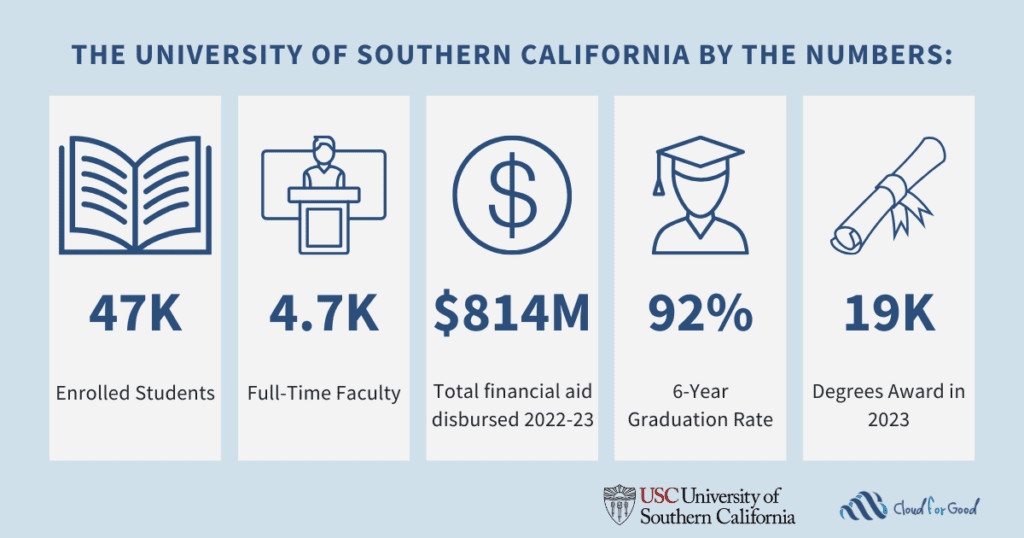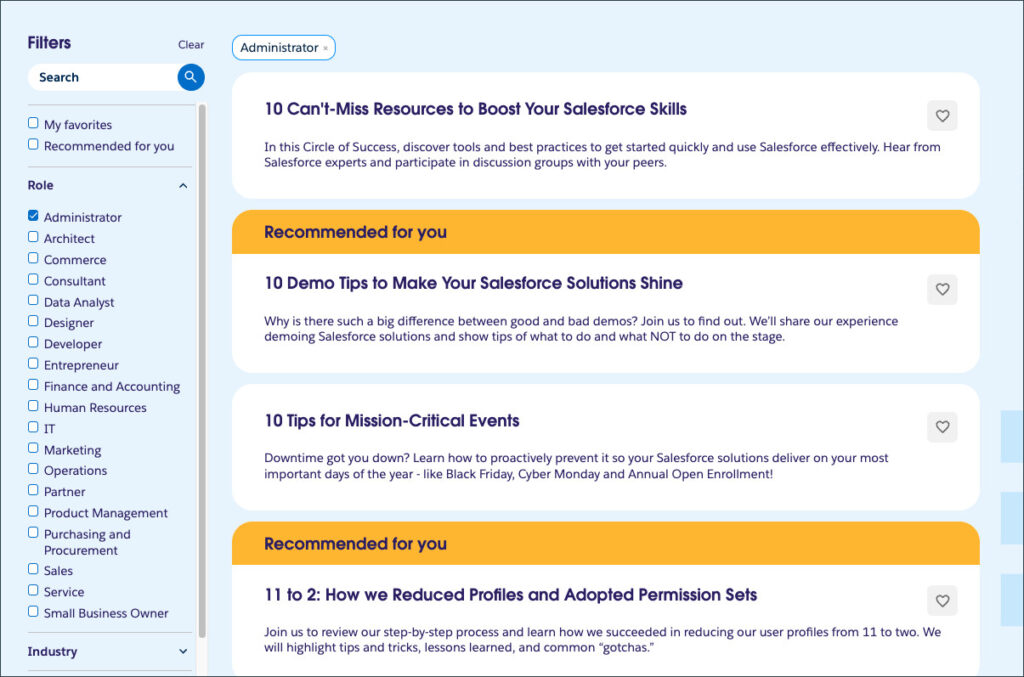Model Context Protocol (MCP) is a key component of Agentforce 3, helping AI agents scale through standardized access to tools and services. As part of this effort, Salesforce has released a local MCP server for Salesforce Developer Experience (DX) — giving agentic IDEs, like Agentforce for Developers, Cursor, and Claude Desktop, a reliable way to deliver trusted outcomes for pro-code Salesforce Developers.
Agents are leveling up, and tooling needs to keep pace
Agentic development tools are on the rise. Solutions like Agentforce for Developers (A4D), Claude, and Cursor are transforming the developer experience by letting AI agents interact directly with your local files, metadata, and tools. But when it comes to doing something with all that, these agents often run into a wall.
- They rely on the Salesforce CLI, but often use the wrong commands or flags due to out-of-date training data
- That leads to inefficiencies, guesswork, and unpredictable behavior
- Agents eventually get it right, but they need explicit structure to be efficient
The result: agents that work — but not well — and a poor experience for the developer.
Enter MCP, a standard way for AI models to understand and use resources
MCP is an open protocol created by Anthropic that standardizes how applications provide context to LLMs.
The image below illustrates how USB-C and MCP serve as open protocols for connecting diverse components.

To understand MCP, it helps to picture how USB-C ports provide a standard way to connect your laptop to various devices and accessories.
MCP is like a USB-C port for AI applications, providing a standardized way to connect AI models to data sources, services, and tools.
A smarter way to work with Salesforce DX
On May 30, 2025, the Salesforce Developer Experience team released the Salesforce DX MCP Server, now available in Developer Preview via NPM and available as an open source GitHub repository.
This open-source MCP server gives pro-code developers a way to:
- Run a local MCP server via NPX, built by the team behind the Salesforce CLI
- Provide agentic IDEs with a secure, structured way to deliver Salesforce DX outcomes
- Boost agent effectiveness by making common developer workflows faster and less error-prone
Because it’s a local MCP server, it:
- Works with orgs you’ve already authenticated the CLI to
- Understands the contents and configuration of Salesforce DX projects
- Integrates directly with the DX Foundation libraries that the CLI depends on

Note: The Salesforce DX MCP server is not just a wrapper around CLI commands. Its tools deliver developer outcomes — not one-to-one CLI command mappings. This lets agents focus on what developers actually want done instead of struggling to reverse-engineer CLI syntax or workflows.
Explore the Developer Preview MCP tools
The initial release includes a focused toolset that covers core developer needs. It’s available via the NPM package
@salesforce/mcp and includes these MCP tools:
Tools
sf-list-all-orgs: Lists connected orgssf-get-username: Identifies the right org username or aliassf-retrieve-metadata: Pulls metadata from a connected orgsf-deploy-metadata: Pushes local metadata to a connected orgsf-assign-permission-set: Assigns permission sets to userssf-query-org: Runs SOQL queries, returning records as JSONsf-test-apex: Runs Apex tests and test suites
Toolsets
Tools are grouped into logical sets for dynamic loading:
- Core: Set up helpers (e.g., determine correct username)
- Metadata: Retrieve and deploy metadata
- Orgs: Manage and list connected orgs
- Users: Assign permissions
- Data: Query org data
- Logic: Test/run programmatic features
Pro Tip: Hosts like Agentforce for Developers, Cursor, and Claude Desktop can dynamically load just the tools they need, minimizing memory use and improving performance.
How Salesforce is evolving with MCP
This release is an early step in Salesforce’s broader MCP strategy, which includes both local and hosted MCP servers.
- Local servers like this one are ideal for pro-code developers using IDEs and the CLI
- Hosted servers enable custom-built, non-Salesforce agents to interact with Salesforce services to supercharge everyday business tasks
For Salesforce customers, this means:
- MCP opens up new ways for agents to work with Salesforce: reading data, triggering actions, or coordinating workflows
- It enables platform integration patterns, like intelligent automation, data handoff, and agent orchestration
- It gives developers a foundation for building agent-powered apps that are easier to scale and evolve
How to get started with MCP
Before you begin, install the Salesforce CLI and the Salesforce Extension Pack for VS Code. This ensures that Node.js is available on your machine.
Setup steps vary depending on the MCP host. The GitHub README includes step-by-step instructions for VS Code, Cline, and Cursor. Setup for other MCP hosts should be similar.
Once configured, the IDE agent you’re using can utilize tools in the Salesforce DX MCP server to interact with the orgs that you’ve authenticated with the Salesforce CLI.
What’s next for MCP?
The Developer Experience team is just getting started. Safe Harbor applies, but between now and Dreamforce 2025, you can expect:
- Three to five new Salesforce DX MCP tools each month
- Preview releases of Code Analyzer and Lightning MCP servers
- A brand-new Agentforce for Developers (A4D) agentic chat experience with native MCP support
Learn more and dive deeper
If you’re ready to start building, these resources can help:
- MCP GitHub repo
- NPM package documentation
- MCP User Guide
Share your feedback
This is a Developer Preview — we need your feedback!
- If you run into issues, please report them
- If you have suggestions, please share them
- If you’d like to contribute, learn more at salesforcecli/mcp
About the author
Vivek Chawla is a Product Management Director on the Developer Experience team at Salesforce. You can follow him on LinkedIn.
The post Level Up Your Developer Tools with Salesforce DX MCP appeared first on Salesforce Developers Blog.



